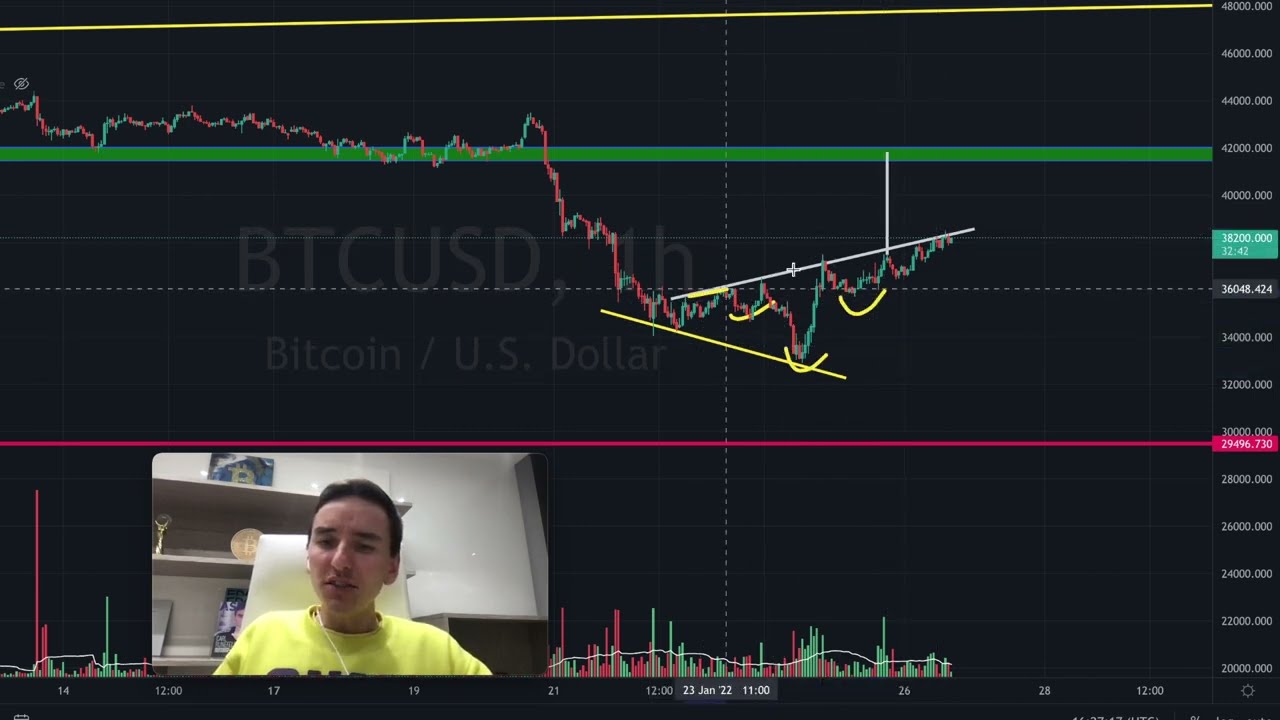Ethereum (ETH) charges are nonetheless on the rise, with no day up to now in November seeing common transaction charges of lower than USD 30. Nonetheless, the charges differ considerably relying on the time of day transactions are made, opening up alternatives for financial savings, a brand new report from on-chain analytics agency Coin Metrics has discovered.
In line with the report, transaction charges on Ethereum – additionally known as gasoline charges – are extremely depending on the quantity of site visitors on the community at any given time – a problem that’s nonetheless current after Ethereum’s implementation of the EIP-1559 improve.
As identified by Coin Metrics, Ethereum transaction charges since EIP-1559 embody a fixed-per-block community charge generally known as a base charge that have to be paid to ensure that a transaction to be included in a block. And on condition that this base charge fluctuates with demand for block house, transactions change into considerably dearer throughout peak hours on the community.
Happily, nevertheless, discovering out when the community is often most congested could be finished, with Coin Metrics saying that US enterprise hours are inclined to have the best base charges throughout any 24-hour interval.
“Curiously, the morning interval of midnight to 8am [US Eastern Time] tends to have cheaper base charges vs. US enterprise hours (9am-5pm),” the report famous. It added that weekends, and specifically Sunday mornings Jap Time, are typically quiet intervals, with a base charge that’s on common 50% decrease than the typical at midday on Wednesdays.
The discovering that US enterprise hours have the best charges is maybe stunning on condition that Ethereum is a world community that’s open 24 hours per day all days of the 12 months.
Nonetheless, the report cited peaks seen in gross sales of non-fungible tokens (NFTs) on {the marketplace} OpenSea, and peaks within the utilization of the stablecoins tether (USDT) and USD coin (USDC) seen throughout these hours, as main contributors to site visitors throughout these peak hours.
In conclusion, Coin Metrics stated that one potential resolution to reduce the quantity of charges paid is likely to be to schedule transactions to non-peak hours. And fortunately for customers, options, such because the Gelato Community of decentralized good contract bots, exist already for scheduling transactions for different occasions of the day.
With elevated adoption, bots like Gelato that automate good contract executions to happen throughout optimum occasions have the potential to ease congestion on the Ethereum community, the report lastly stated.
Based mostly on knowledge from BitInfoCharts, the typical transaction charge paid on the Ethereum community on Tuesday stood at over USD 45, whereas the 7-day shifting common of the charge remained barely decrease at USD 43.
The 7-day shifting common of the transaction charges stays barely beneath its all-time excessive of USD 53.3 reached on November 15, however continues to be excessive sufficient to cost out some financial exercise from the community, as famous in an earlier Coin Metrics report.
Ethereum common transaction charges (7-day shifting common):
At 13:29 UTC on Wednesday, ETH traded at USD 4,303, up a robust 2.6% over the previous 24 hours, and up 1.2% over the previous 7 days.
____
– Ethereum Charge Debate Heats Up as Avalanche Enters and Exits High 10
– Ethereum Charges Pushed Larger by DEX Buying and selling as Optimism’s Improve Nears
– Ethereum Checks All-Time Excessive as On-Chain Exercise Grows, SHIB Burns ETH
– Ethereum’s EIP-1559 Helped Coinbase Save ETH 27 on Every day Charges
– Ethereum Customers Flock To Arbitrum In Search of Scalability
– USD 0.5 Million Paid in Failed Ethereum Transaction










